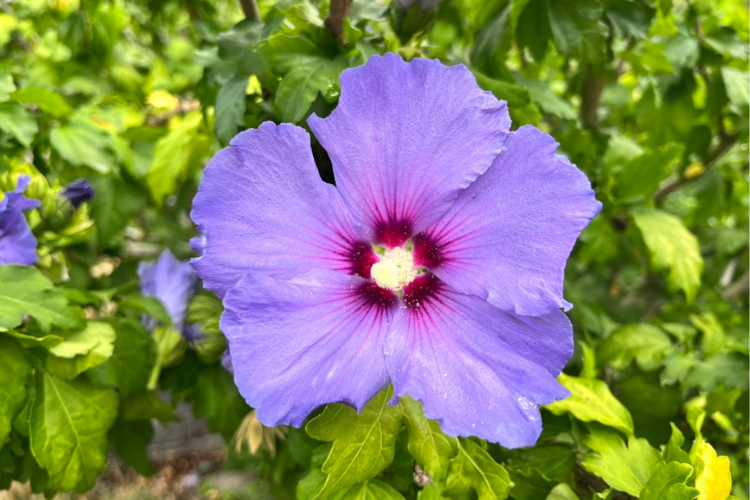
Reflections on the Heart

For the last few weeks, I’ve been focusing on the heart chakra in my classes and in my own life (forever grateful to the practice of teaching yoga for keeping me an eternal student…and for keeping me sane!).
Master teacher Nischala Joy Devi translates the second yoga sutra — the essence of yoga — as: “Yoga is the uniting of consciousness in the heart.”
Yoga is about practicing the skills, cultivating the tools and awareness—and, most of all, the courage—to inhabit our True Self, which resides in the heart.
We live in a culture infatuated with the mind—fixated on words, on judgement, on science, on technology, on consumption, on knowledge. Yet we don’t need to travel far to understand that the mind’s power pales in comparison to the power of the heart—the power of love.
We can live in our bodies with little of the brain’s function, but without the continuous beating of the heart, we cease to live at all.
Yet, we often relegate love to a mental understanding, perhaps because we are still immature in our grasp of its true nature and power.
As humans, we are born with hearts wide open, loving instinctively. With time, our hearts inevitably break. We suffer, we close aspects of ourselves off, we lose the ability to give and receive love freely.
Separated from our true nature and seduced by fear, we can become capable of unimaginable things—individually and collectively.
Globally, we are witnessing some of the most tragic manifestations of fear and pain in our lifetimes. From the rise of a dangerously dishonest demagogue on the political stage of the United States to the ancient wounds flowing through Israeli and Palestinian societies—and far beyond.
What are we being called to do?
I recently listened to a conversation between journalist Ezra Klein and writer Ta-Nehisi Coates about the Israeli-Palestinian war. Their dialogue bridged a deeply intellectual and informed perspective with profound emotional clarity about the suffering of those caught in this endless conflict. They, and others seeking true understanding, have reached a place of surrender—not of giving up, but in accepting the complexity of the collective emotional realities of these peoples, and the starkness of an unknown future. A reality born from centuries and layers of pain, rage, and fear—a backdrop to the seemingly impossible task of finding peace.
I found their place of surrender oddly comforting because it opens up the space for the truth that we will not think our way out of this situation. We must surrender to the heart, to the power of love—a reckoning with the truth of the human condition.
There are many things love only whispers in the dark.
Within the depths of unimaginable pain lies the power of love that transcends the mind’s comprehension. The power to feel the wounds that have broken us, to forgive those who have harmed us, to surrender ourselves to transformational fire.
The heart needs the spirit of the warrior. But the external conflict in the world is showing us that the battle of our time is internal—it is a battle against fear, against division, against blindness. A battle for transcendence through understanding and forgiveness.
In Anatomy of the Spirit, Caroline Myss writes, “We are an immature Fourth Chakra culture. While we have entered the consciousness of the heart, we remain immature in our understanding of love…We are so focused on our wounds and our need to heal them…We must shift our focus from the wound to the power that we gain from healing the wound. We need to become a healing culture rather than a wounded culture.”
That book was published almost three decades ago. In the time since, the concept of healing emotional wounds has woven its way through modern culture, with many tools and frameworks to support. We have cultivated the tools and awareness to do deep shadow work, and now we have come to the truth that there is no way out but through. As poet Rupi Kaur says, “to heal, you have to get to the root of the wound and kiss it all the way up.”
Can we open ourselves to the possibility that this level of division, pain, and violence may also be an ultimate lesson in love?
The deepest atrocities of the 20th century reshaped the world with a renewed aspiration toward higher ideals. Far from perfect, but evolving. We are now in another time of radical revolution, both individually and collectively, beyond the grasp of mental understanding. We cannot yet see the full picture, nor do we know who we will be on the other side.
The mind can be a beautiful ally, its power in the service of love. But the question of this moment remains: are we wise enough—and brave enough—to let the heart lead the way?